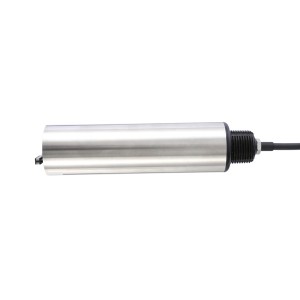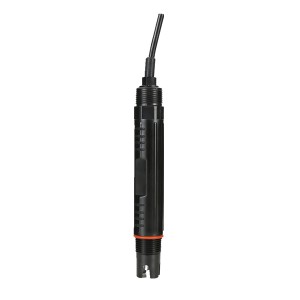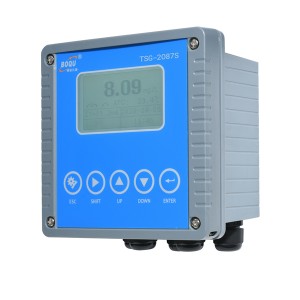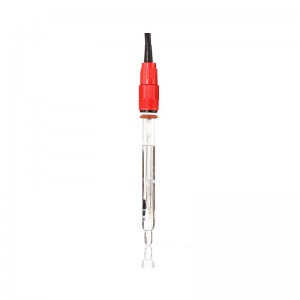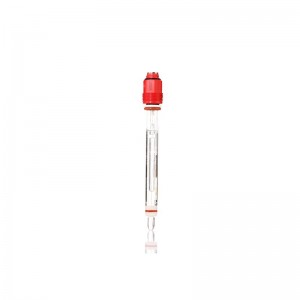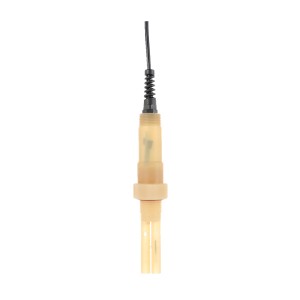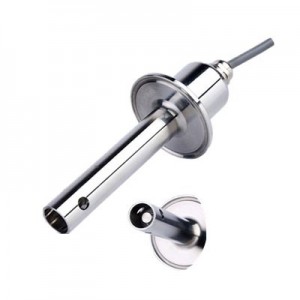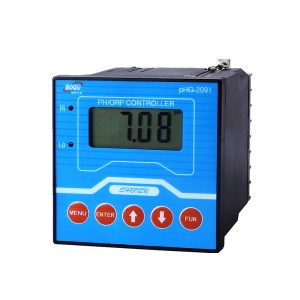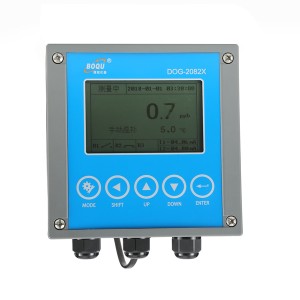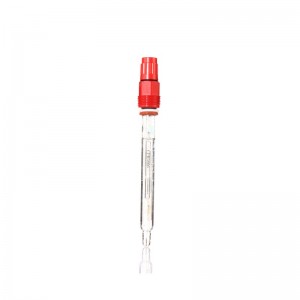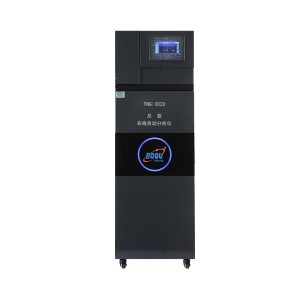It is essential to measure acidity or alkalinity in industrial production and environment monitoring – which is where pH readings come into play. To ensure exact and precise results, industries have a need for top-notch Acid Alkaline Sensors. To understand more about the relevance of these sensors, the required implementation, and the acclaimed manufacturer Shanghai Boqu Instrument Co., Ltd., this blog will bring you the information.
What is an Acid Alkaline Sensor?
An acid alkaline sensor, commonly known as a pH sensor, is a specialized device designed to measure the concentration of hydrogen ions (pH) in a given solution. pH is a crucial parameter that determines the acidity or alkalinity of a substance, and it is measured on a scale ranging from 0 to 14. A pH of 7 is considered neutral, while values below 7 indicate acidity, and values above 7 signify alkalinity. Industries such as chemical processing, water treatment, pharmaceuticals, food and beverages, and environmental monitoring heavily rely on pH sensors to maintain product quality and optimize process efficiency.
Leveraging Acid Alkaline Sensors in Quality Control:
Acid Alkaline Sensors are advanced instruments designed to measure the acidity or alkalinity of a liquid solution, represented by its pH value. The pH scale ranges from 0 to 14, where 0 indicates highly acidic, 14 denotes highly alkaline, and 7 signifies a neutral state. These sensors are indispensable in various industries, including water treatment, pharmaceuticals, food and beverage, agriculture, and environmental monitoring.
Manufacturers understand the significance of maintaining consistent quality throughout their operations. Acid-alkaline sensors serve as invaluable tools in quality control processes to ensure products meet or exceed customer expectations.
1. Ensuring Batch-to-Batch Uniformity:
By integrating acid-alkaline sensors into their quality control systems, manufacturers can closely monitor pH levels across different production batches. Consistent pH levels help guarantee uniform product characteristics, reducing variations and rejections, and ultimately enhancing customer satisfaction.
2. Detecting Contamination and Process Deviations:
Any deviations in pH levels can indicate potential contamination or process irregularities. Acid alkaline sensors from Shanghai Boqu Instrument Co., Ltd. are equipped with high sensitivity, enabling swift detection of even minor deviations. Early detection allows manufacturers to take prompt corrective actions, preventing costly production delays and waste.
Requirements for Effective Implementation
1. Calibration Accuracy
Achieving accurate pH measurements is paramount, and this demands regular calibration of Acid Alkaline Sensors. Calibration helps in setting reference points and correcting any inherent errors in the sensor’s readings. Regular calibration ensures the sensor maintains precision over time and remains reliable.
2. Compatibility and Sensitivity
Industries work with a wide range of liquids, some of which may contain harsh chemicals or abrasive substances. Acid Alkaline Sensors must be compatible with these liquids and possess high sensitivity to detect even slight changes in pH levels. Ensuring the sensor is constructed from durable and chemically resistant materials will enhance its longevity and efficiency.
3. Real-time Monitoring and Data Logging
In today’s technologically advanced world, real-time monitoring is crucial for maintaining process control and preventing any potential hazards. Acid Alkaline Sensors equipped with data logging capabilities allow industries to keep a detailed record of pH fluctuations, enabling better analysis and decision-making.
4. Low Maintenance Requirements
To reduce downtime and maintenance costs, industries prefer Acid Alkaline Sensors that require minimal upkeep. Regular cleaning and occasional calibration should be sufficient to keep the sensor in top-notch condition. Selecting sensors with robust and reliable components can minimize the need for frequent repairs.
Key Features and Benefits of Acid Alkaline Sensors:
1. High Accuracy and Precision: Boqu Instrument’s pH sensors offer unparalleled accuracy and precision, providing manufacturers with dependable data for critical decision-making processes.
2. Wide Range of Applications: These sensors cater to diverse industries, ensuring that manufacturers from various sectors can harness the power of pH monitoring for optimizing their manufacturing processes and quality control systems.
3. Low Maintenance Requirements: Boqu Instrument’s sensors are designed for longevity and require minimal maintenance, reducing downtime and overall operational costs.
4. Compatibility and Integration: The sensors seamlessly integrate into existing manufacturing systems and quality control processes, ensuring a smooth transition and immediate benefits.
Why Choose Shanghai Boqu Instrument Co., Ltd.?
1. Unmatched Expertise
Shanghai Boqu Instrument Co., Ltd. stands at the forefront of pH sensing technology, boasting decades of experience in developing and manufacturing high-quality scientific equipment and industrial sensors. Their in-depth knowledge of pH measurement enables them to create cutting-edge products that cater to diverse industries and applications.
2. Extensive Product Range
One of the key advantages of relying on Shanghai Boqu Instrument Co., Ltd. is its extensive product range. From basic pH sensors for routine applications to advanced, customized solutions for complex industrial processes, the company offers a comprehensive selection of pH sensing devices. Their products are engineered to deliver precise and reliable results, meeting the demands of even the most critical applications.
3. Tailored Solutions
Understanding that every industry and process has unique requirements, Shanghai Boqu Instrument Co., Ltd. excels in providing tailored pH sensing solutions. Their team of experts collaborates closely with clients to comprehend their specific needs and design customized sensors that ensure optimal performance and cost-effectiveness.
4. Commitment to Quality and Innovation
As a reputable manufacturer, Shanghai Boqu Instrument Co., Ltd. maintains an unwavering commitment to quality and innovation. Their products are manufactured using state-of-the-art technology and adhere to strict quality control standards. Additionally, the company continuously invests in research and development to stay ahead of the curve and offer the latest advancements in pH sensing technology.
Conclusion:
Acid alkaline sensors have become indispensable tools in modern manufacturing and quality control processes. The insights gained from Shanghai Boqu Instrument Co., Ltd., a prominent manufacturer of these sensors, highlight the importance of pH monitoring for optimizing production, ensuring consistency, and meeting stringent quality standards. By leveraging these advanced sensors, companies can elevate their manufacturing processes to new heights and enhance overall efficiency, productivity, and customer satisfaction.
Post time: Aug-18-2023

